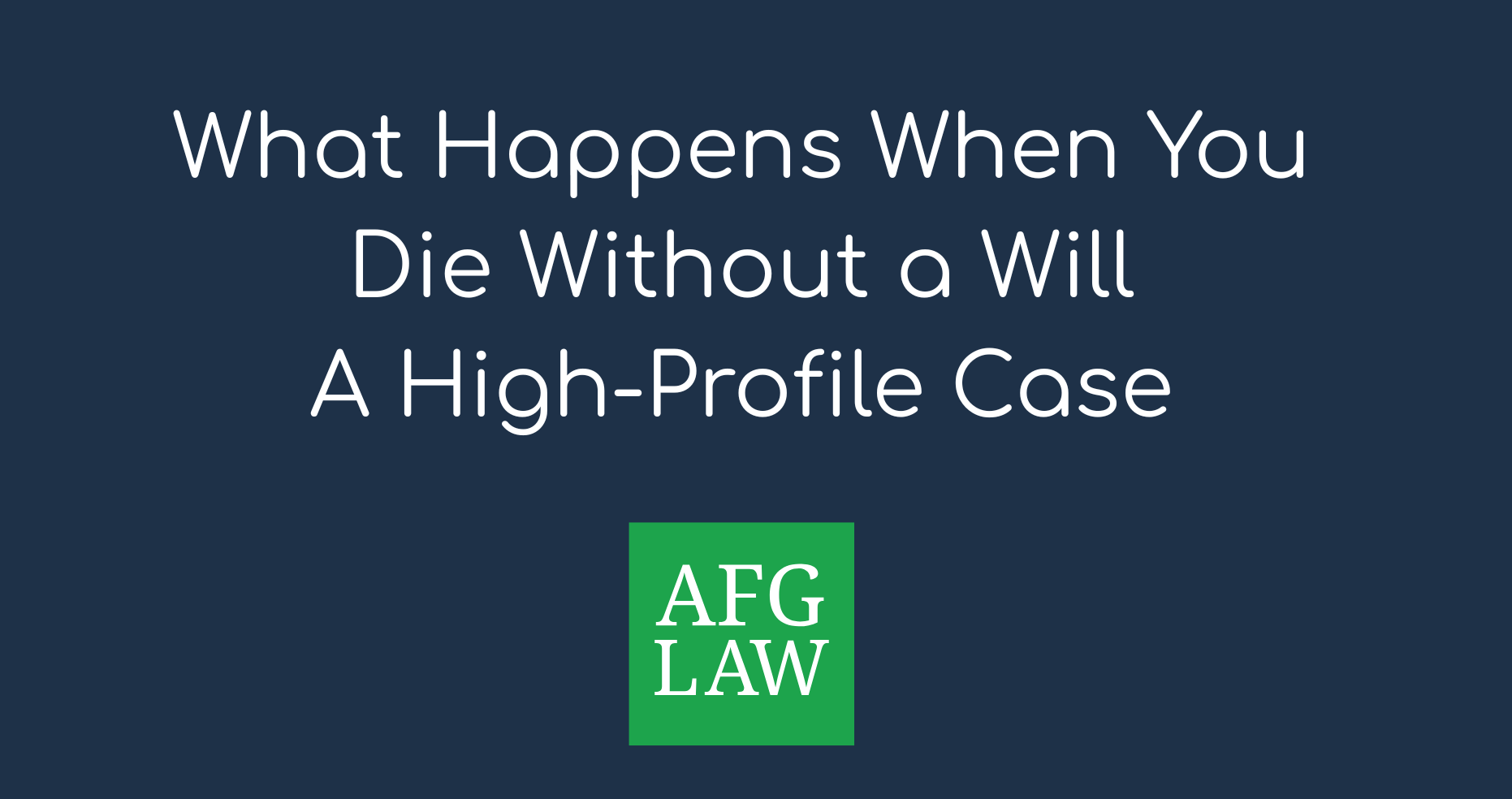What is Lasting Power of Attorney?
A Lasting Power of Attorney (LPA) is a legal document in which you give another person the legal powers to act and make decisions on your behalf. An LPA is important insurance for your future; if you ever lack the mental capacity to make important decisions for yourself, it will be the role of your appointed Attorney to do so.
At AFG Law, our Solicitors draw on years of experience advising clients on the preparation, supply, and registration of a Lasting Power of Attorney.
If you would like to speak to one of our specialists for legal advice regarding LPAs, then please get in touch with our Private Client team today.
Types of Lasting Powers of Attorney
There are two types of Lasting Power of Attorney. One takes care of property and financial affairs; the other covers personal welfare.
Property and Financial Affairs LPA
This type of LPA allows the appointed Attorney to make financial decisions, including the management of a person’s property, bills and pension. With this type of LPA, you may choose for it to be used while you still retain mental capacity, as well as it being used when and if you lose mental capacity.
Health and Welfare LPA
This allows an appointed Attorney to make choices about your medical treatment, short and long-term care arrangements and life-sustaining treatments (if you include this in the LPA).
There are certain things your Attorney cannot do, for example, they cannot vote on your behalf, and they cannot approve a marriage or civil partnership.
This type of LPA only comes into effect if and when you lose the mental capacity to make these decisions for yourself, unlike the Property and Financial LPA, which can come into effect sooner if you so wish.
Appointing an Attorney
When setting up your LPA, you must appoint at least one Attorney, but you may appoint more than one Attorney if you prefer. You may state how you would like them to work together, such as if they are to make certain decisions jointly and other decisions separately. You can also name replacement attorneys in case your original Attorney(s) can’t act.
A Lasting Power of Attorney is a very important document, and care should be taken over who you appoint as your Attorney. Your Attorney needs to be trustworthy and have the appropriate skills to make decisions regarding your health, property and finances.
Many people choose to appoint a family member or a close friend as their Attorney, but they must be over the age of 18, and you must completely trust them to act in your best interests. For a Property and Financial Affairs LPA, the appointed person must not have ever been declared bankrupt or subject to a Debt Relief Order.
You can also appoint a professional such as a Solicitor or an Accountant as your Attorney, though this route comes with added fees for their services.
If you are married, it can often be assumed that your husband/wife can automatically act on your behalf to make important decisions about your care and finances if something serious were ever to happen that led to you losing mental capacity. However, without an LPA your spouse or civil partner does not have any such authority, and it is important that couples ensure they have the necessary arrangements in place in the event that any such serious circumstances arise.
At AFG Law, our Lasting Power of Attorney Solicitors can advise on who would be appropriate to appoint as your Attorney, but also whether a replacement attorney is necessary and whether multiple attorneys should be appointed jointly. If you would like to discuss your circumstances with our dedicated team of LPA solicitors, then please do not hesitate to contact us today.
When can an Attorney Act?
Your Attorney will only be able to act when both you and them have signed the document. It then needs to be certified by an outside individual to confirm that you understand the nature and scope of the LPA and have not been unduly pressured into making the power. A certificate confirming there has been no fraud will also need to be obtained.
Once the LPA is registered with authority to the Office of the Public Guardian, a Property and Financial Affairs LPA can be used both when you have the mental capacity to act and when you lack the mental capacity to act. The Health and Welfare power can only be used if and when you lack the mental capacity to make decisions for yourself.
Benefits of Having a Lasting Power of Attorney
An LPA offers many benefits, the most significant of which is the peace of mind it provides. Knowing that your financial and personal decisions will be managed by someone you trust ensures you retain control, even if you become unable to make decisions for yourself.
Additionally, an LPA can help to prevent family disputes by clearly outlining who has the authority to act on your behalf, reducing the risk of disagreements between relatives over your care or financial affairs.
By setting up an LPA, you ensure that your wishes are respected and that someone capable and trustworthy will take on this responsibility if the need arises.
What if you do not have an LPA?
If you do not have an LPA and you lose mental capacity, then your loved ones will not have the legal authority to make decisions about your health and finances.
This means they would need to apply to the Court of Protection to be appointed as your deputy, which is a lengthy, costly, and complicated process. It is essentially the same as many other life and estate planning issues, such as preparing a Will, whereby it is best taking proactive action to express your intentions/wishes, rather than leaving family without instructions and allowing matters to be resolved retrospectively, leading to potential disputes between family members.
Without an LPA, it can take months to gain the legal right to make decisions on your behalf, so it is highly recommended you make an LPA sooner rather than later to ensure you have control over who manages your affairs if ever the need arises.
Our team of Lasting Power of Attorney solicitors can expertly assist clients in drafting both a Property and Financial LPA and a Health and Welfare LPA to ensure all future potential decisions are covered. If you would like to speak to a member of our team, please contact us today.
What if I have an Existing Enduring Power of Attorney?
An Enduring Power of Attorney (EPA) is the older version of a Lasting Power of Attorney that was used in England and Wales before 1 October 2007. It allowed people to appoint attorneys to manage their property and financial affairs if they became unable to do so themselves.
Since 1 October 2007, EPAs have been replaced by LPAs, but EPAs made before this date are still valid for Property and Financial decisions only. A separate Health and Welfare LPA would need to be made if you want someone to make health and welfare decisions for you if you lose the ability to do so.
How can AFG Law assist?
At AFG Law, our Lasting Power of Attorney (LPA) solicitors can guide you through the process of setting up both Health and Welfare, and Property and Financial Affairs LPAs. We tailor each LPA to your specific needs, ensuring your wishes are protected and your affairs are managed securely.
As well as advising you on making an LPA that is best suited for you, we can provide expert guidance on:
- Registering an LPA
- Objecting to the registration of an LPA
- Suspicions about the Illegal use of an LPA
- Acting as professional attorneys
- Advice on ‘Enduring Power of Attorney’
- Court of Protection Deputyship applications
For professional guidance on all matters related to Lasting Power of Attorney, please get in touch with our team today via email at PrivateClientDept@afglaw.co.uk or speak to one of our experts on the phone at 01204 920109.











